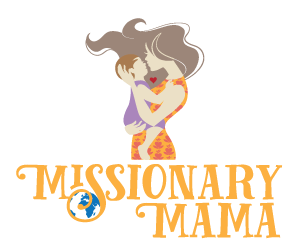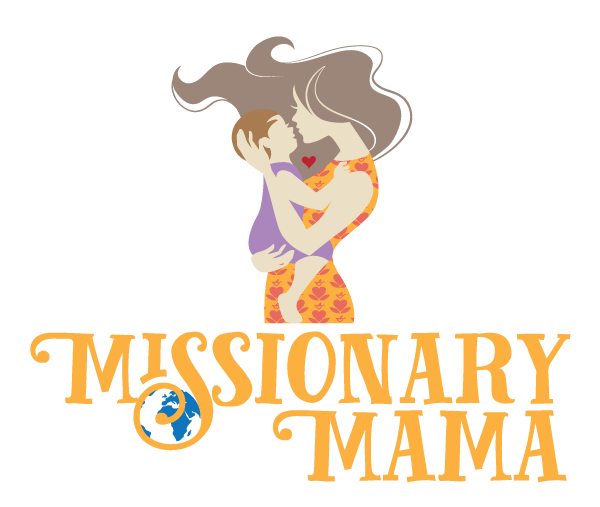
03 Aug The Book that Every American Mother Needs to Read
“Perhaps it is impossible for a person who does no good not to do harm.” – Harriet Beecher Stowe, Uncle Tom’s Cabin
This year I read a book that had a stronger emotional and spiritual impact on me than virtually any other book I have read other than the Bible itself. It is Uncle Tom’s Cabin by Harriet Beecher Stowe. If you are an American mother like myself, I encourage you to pick up a copy of this book and read it for several reasons.
First, this book carries with it an essential element of the history of our nation.
According to legend, Abraham Lincoln greeted Harriet Beecher Stowe in 1862 by saying, “So you’re the little woman who wrote the book that started this Great War.” Whether or not this statement is true, it reveals the deep connection that the American people felt between the book and the Civil War.
According to Will Kaufman, the novel “helped lay the groundwork for the Civil War.“
Stories We’ve Never Heard
Second, until you have heard someone’s story of oppression, injustice, or even enslavement, you can pretend that it doesn’t exist. Once you have looked upon suffering, however, it is impossible to forget what you have seen.
I have read many stories of those who endured slavery. I have visited the slave castle in Ghana where Ghanaians were chained before they were put on ships and sent to America to be sold into slavery.
I once stood in Charleston, SC in a square where human beings had been auctioned off like furniture – and it was legal all because of the color of their skin.
I have heard stories of slavery before – so what was it about Uncle Tom’s Cabin that impacted me so severely?
What impacted me the most about this book were the characters, whom Stowe based on the lives of real people to whom these incidents and circumstances really happened.
Stowe had a way of creating a deep emotional connection to these people so that you felt you knew them personally. This was her goal – to frame slavery not only as an international trade that must be stopped, but to help her readers see it as an individual act of injustice and inhumanity towards individual people.
The Mother on the Boat
In the chapter she titled, “Select Incident of Lawful Trade,” Stowe tells the story of a woman named Lucy who happens to be on the same boat that is taking Tom to his new master. Lucy carries her 10 month old baby boy with her. Her former master told her that he was hiring her out to be a cook on the same plantation as her husband; alas, he had sold both her and the baby to a slave trader instead.
While on the boat, Lucy learns the news that she is not going to be hired as a cook nor will she be on her husband’s plantation. She sits quietly, resigned to the fact that she and her baby will once again be sold.
However, she absorbs herself completely in her son. She presses her face against her chest, nurses him lovingly, lets him pull her hair.
At the time that I read this book, my own son was 10 months old. He is my only son and my heart bursts with loving emotion for him.
I read with horror how, as Lucy saw her baby sleeping, she leapt up for a moment when the boat passed by the place her husband lived, if only at one chance of seeing his face! And at that moment, the trader sold her poor child right out from under her nose.
The scene where she comes back to where his sleeping form lie only a few moments before and realizes that he has been sold – to be parted from her forever – is heart wrenching in every possible way.
She seems calm and resigned, once again, but late that night she casts herself off the boat and drowns, unwilling to continue on in a life without her child.
Lessons for Today
What hit me from this story was not only the cruel, evil, unjust act of selling a child right out of his mother’s arms, but the scene “on the higher deck” of the same ship. Two white women with their own babies, discussing slavery. One in full recognition of the evils of the slave trade and the need for it to end. The other in full denial – thinking that these stories are just tales – that it can’t really be that bad – that surely slaves are humanely treated, and on and on.
Until Christ returns to this earth and “makes all things new” there will be injustice. Today, in our country and around the world, it seems there are more “Lucy’s” than we care to count. Too many stories of innocent lives taken in acts of murder, anger, rage, hatred, racism, pride, and envy.
There is much we can do, even though we cannot control the actions of others. We can make the most of the one life we are given to be a voice for the voiceless, to speak up for the oppressed, to make our voice heard for the sake of humanity, to be examples of Christ, who Himself was no respecter of persons.
Instead of writing off those who have suffered, I am praying that we will seek to understand people as individuals. That we will be proactive to invite people of all races and nationalities into our homes – that their children will play with our children – that we will seek to understand rather than to be understood. That we will listen to stories of pain, stories of injustice, stories of prejudice.
Dear mother, never underestimate the impact of your life on the people around you – more than any others, your children. What are you teaching them? What do you hope to teach them and impart to them?
The issues of our world, the issues of our day, are hard and often very painful. But I pray that we will face them, acknowledge them, wrestle through them, cry out to God concerning them – that we might see the Hand of God bring healing in our nation and world in a powerful way.
As Stowe says after Lucy’s death, “Patience! Patience! Ye whose hearts swell indignant at wrongs like these. Not one throb of anguish, not one tear of the oppressed, is forgotten by the Man of Sorrows, the Lord of Glory. In his patient, generous bosom he bears the anguish of a world. Bear thou, like him, in patience, and labor in love; for sure as he is God, “the year of his redeemed shall come.” Amen. Even so, Come quickly, Lord Jesus!







JARLOX NS
Posted at 05:41h, 23 AprilThis is a powerful reflection on the enduring impact of literature, such as “Uncle Tom’s Cabin,” in shaping our understanding of history and human suffering. How do you think contemporary literature and storytelling continue to play a role in addressing social injustices and fostering empathy?